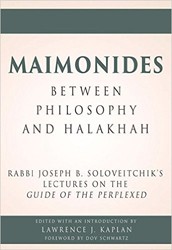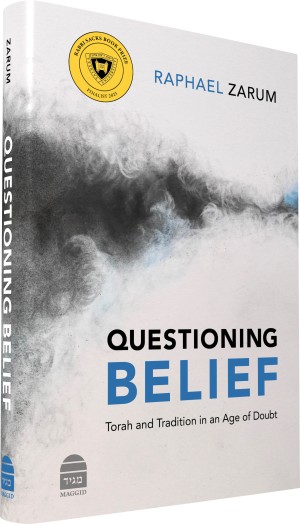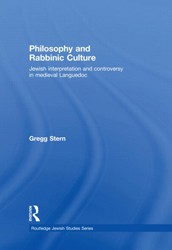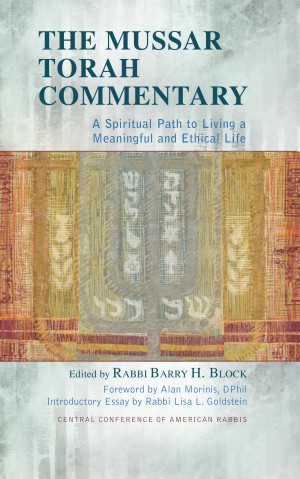Hughes maintains that biblical translation is a philosophical activity which verifies the narrative as a source of wisdom. It is not merely a philological exercise. It is a reflection of the translators and of their understanding of what Judaism should be. Hughes selects translators who were philosophers to make his case. Saadia Gaon, Moses ibn Ezra, Maimonides, Judah Messer Leon, Moses Mendelssohn, Martin Buber, and Franz Rosenzweig all attempted to bring the Bible to a population for whom Hebrew was no longer comprehensible. Access to the Bible is an important component of Judaism and these translations were as much salvific as they were works of philosophy and scholarship. These translations were as much exegesis as they were renditions of the original text.
The translators selected for this study each require a more detailed and exhaustive analysis. We are tantalized by the snippets offered here. In essence this volume is an introductory essay to the field of translation as Jewish philosophy and social and cultural history. Utilizing literary theory from a Jewish postmodernist perspective is worthy of examination. The glaring omission of the classic Targum and Septuagint translations is a deficiency. The last paragraph of the book is worth citing:
The language of truth and the truth of language here collide. It is a collision, however, that can take place only in and through words — an understanding of their malleability, their transferability, and their pointing to what resides beyond.





